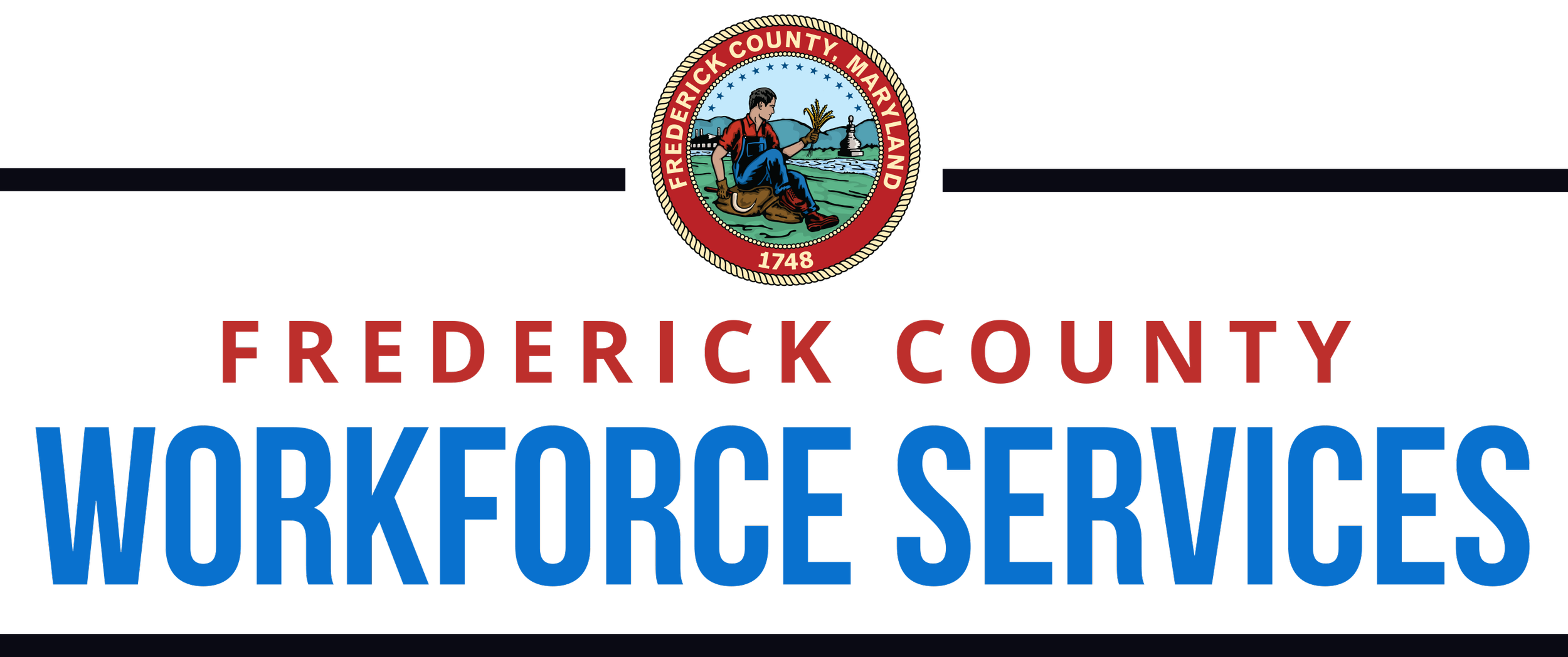Who Owns Your Risk Radar?
By Mid-Atlantic Center for Emergency Management & Public Safety and Frederick Community College
Every year, stress, crises, and disasters strike a number of small businesses, disrupting and severely damaging operations. Acknowledging the interdependent nature of businesses today and the constantly evolving world combined with the increased number of hazards, speed of onset, and challenging economic times, I ask you to ponder: Who owns your business’s risk radar? Without a critical eye on potential hazards and a business continuity plan, your company could suffer from immediate and long-term negative effects on customer service, sales, brand, and ultimately, reputation should the unthinkable occur.
Developing business resilience is a proven and trusted process whereby your business develops a plan designed to address hazard situations, unexpected crisis, and high-risk events. Throughout the process, a business leader will identify potential hazards, evaluate risk, and develop an array of actions to mitigate disruption during a wide range of events. Why should a business leader engage in this type of planning? The U.S. Small Business Administration validates that small businesses do indeed face various risk, and a business continuity plan provides a strategy to take action to lessen the risk of loss. By doing so, business leaders can minimize down time and prevent significant financial losses. Disruption can not only cause immediate financial loss but also be a catalyst to long-term losses.
Consider how a well-executed business continuity plan will support your positive reputation with your customers, investors, partners, regulatory agencies, and employees. The business continuity plan will allow you to showcase your advanced planning and ability to navigate challenges that threaten disruption. The Institute of Risk Management “Horizon Scanning” reinforces the need to identify risks that threaten your business investment.
The Occupational Safety and Health Administration (OSHA) reinforces that developing an emergency plan is a good way to protect workers and businesses during an emergency. OSHA requires certain types of businesses to have contingency plans that align with regulations to confirm legal compliance – an important note for your investors and employees. Employers are strongly encouraged to protect and invest in their people. Employee safety and well-being is crucial, and a business continuity plan will contribute to employee well-being and a positive, safe workplace culture.
Developing and maintaining risk assessments and business continuity plans is a “must do” activity of today’s business leaders. Today’s evolving risks and challenges demand action to ensure a positive reputation for your business and all its stakeholders. The first step in developing your risk radar is sharpening your situational awareness skills along with understanding business resilience. The Mid-Atlantic Center for Emergency Management & Public Safety (MACEM&PS) at Frederick Community College offers business continuity training and consulting services. Let the MACEM&PS help you start preparing your business to survive and flourish despite adverse events and situations. For more information contact macem@frederick.edu
Guest Authors:
Kathy Francis
Executive Director, Mid - Atlantic Center for Emergency Management & Public Safety
Stephen Carter
Special Projects Manager, Frederick Community College
